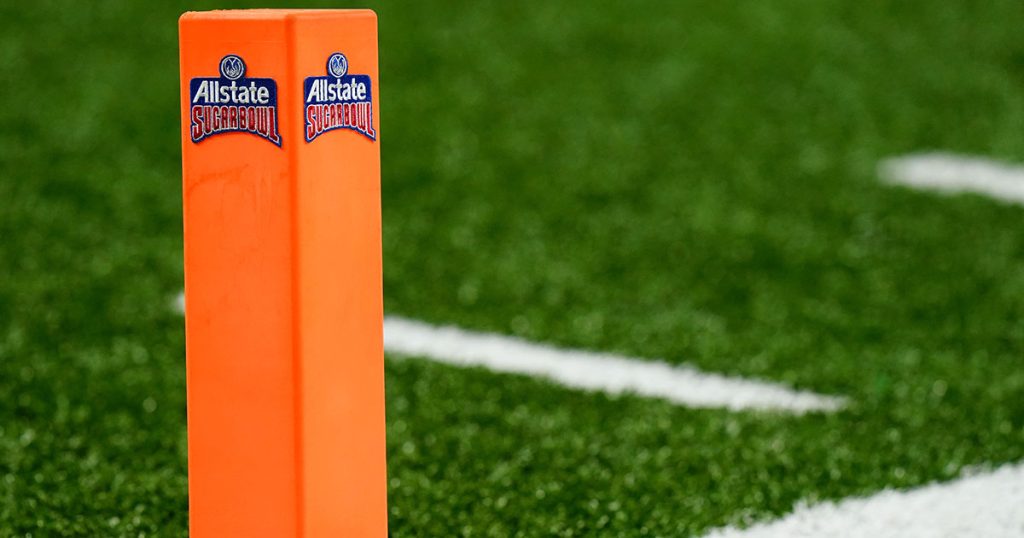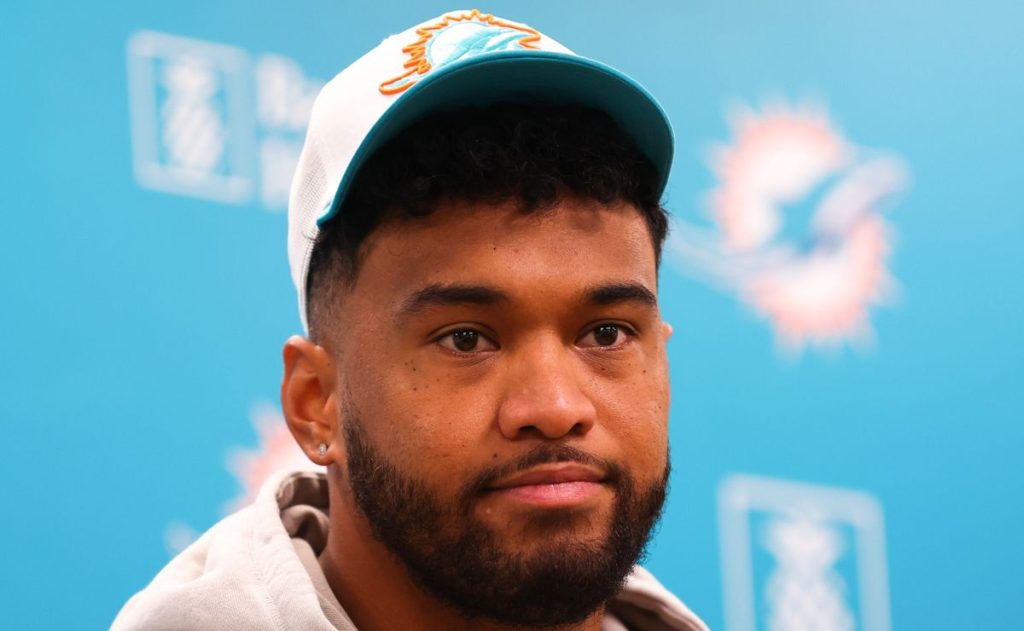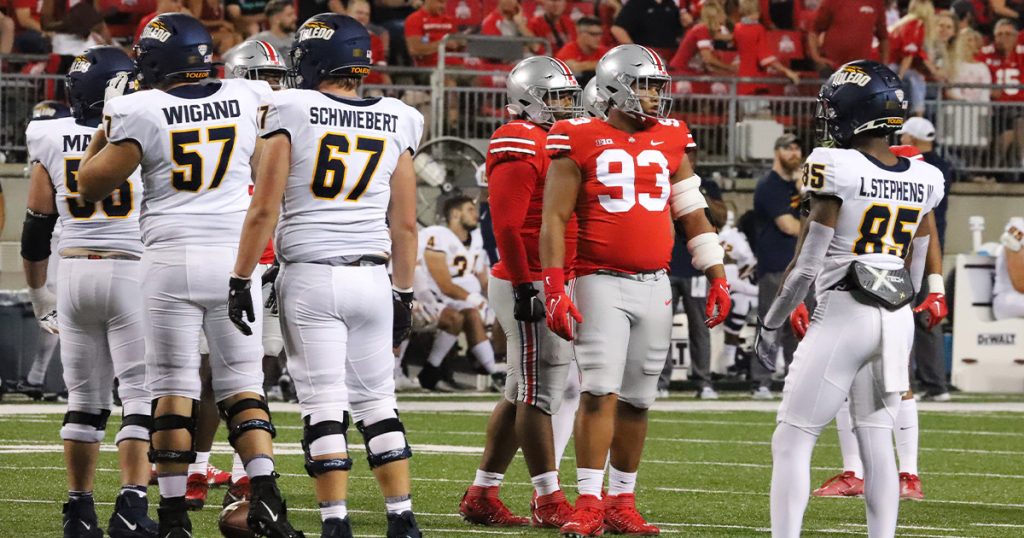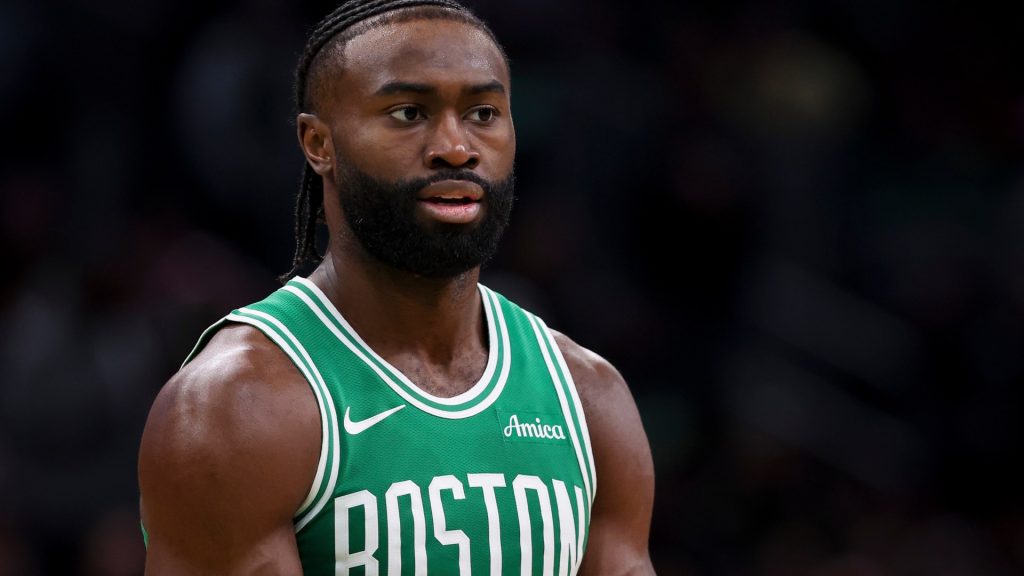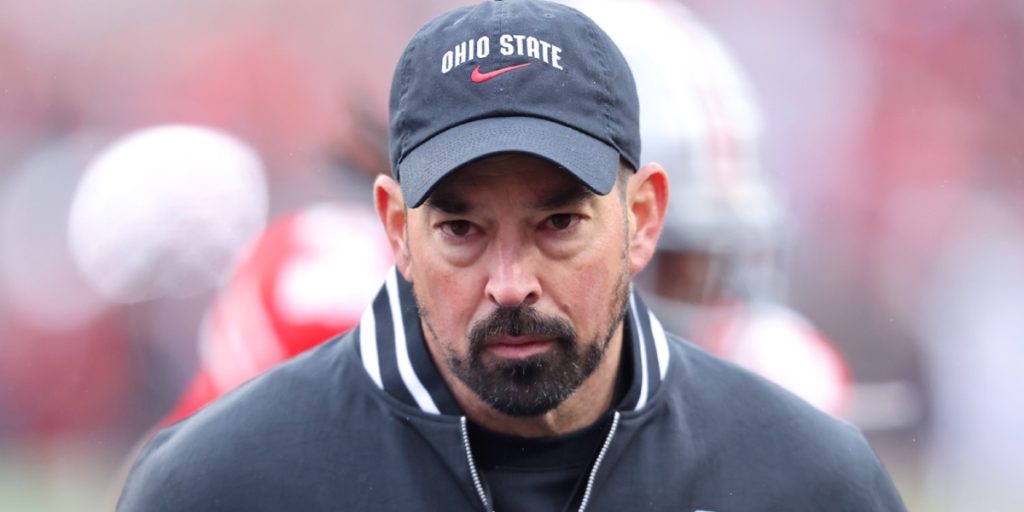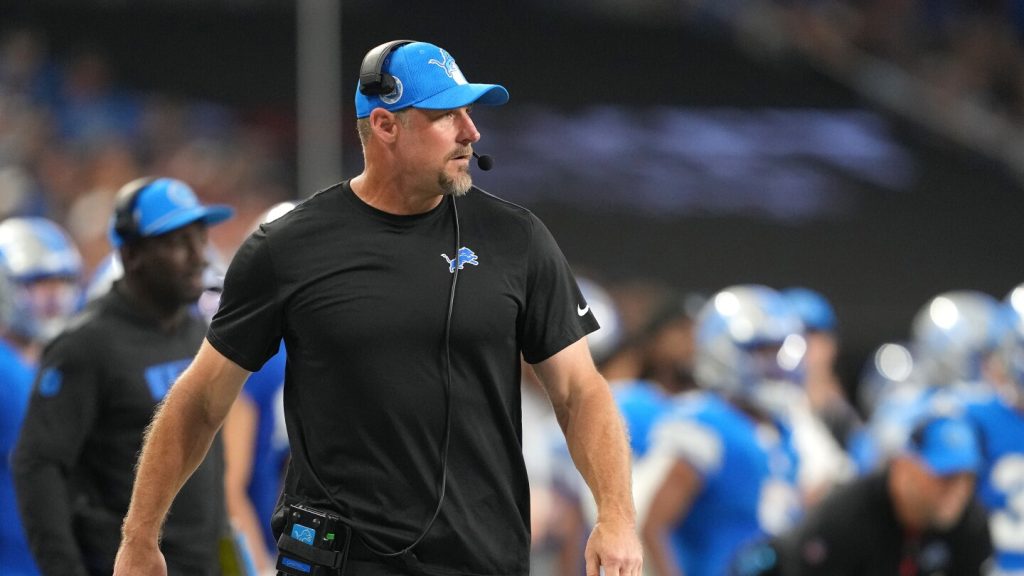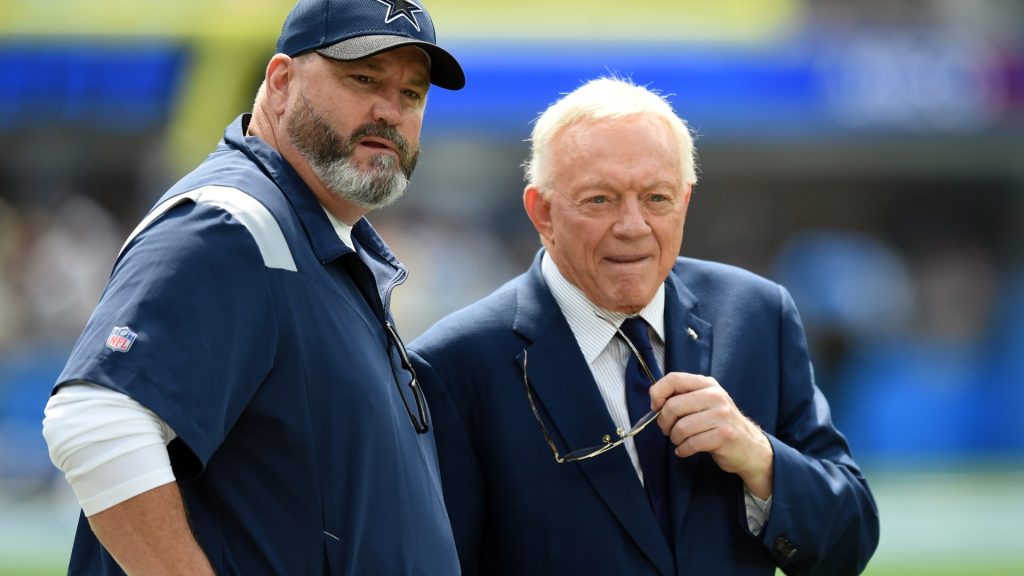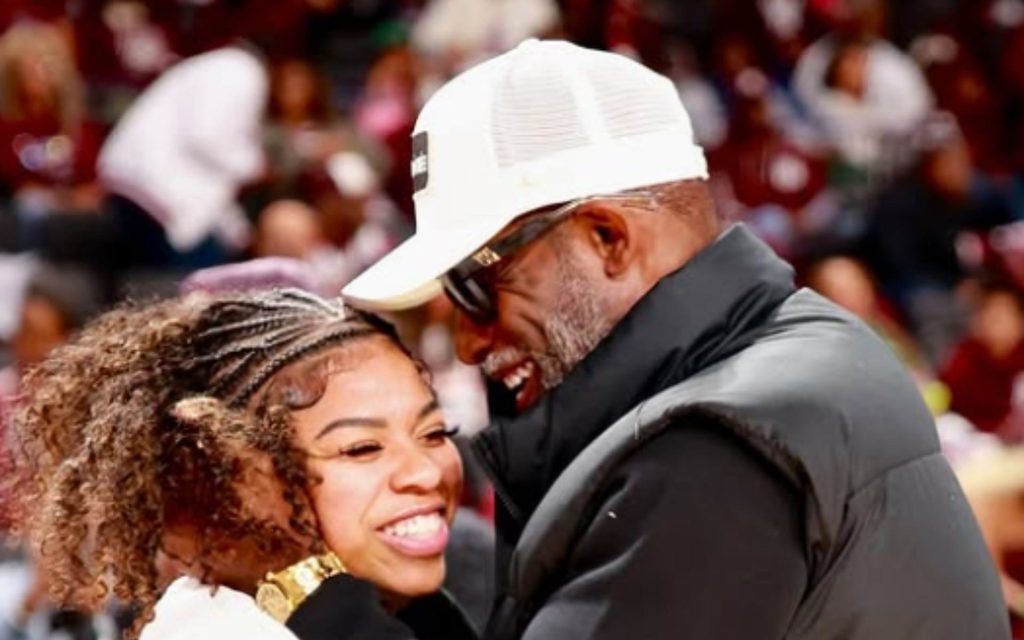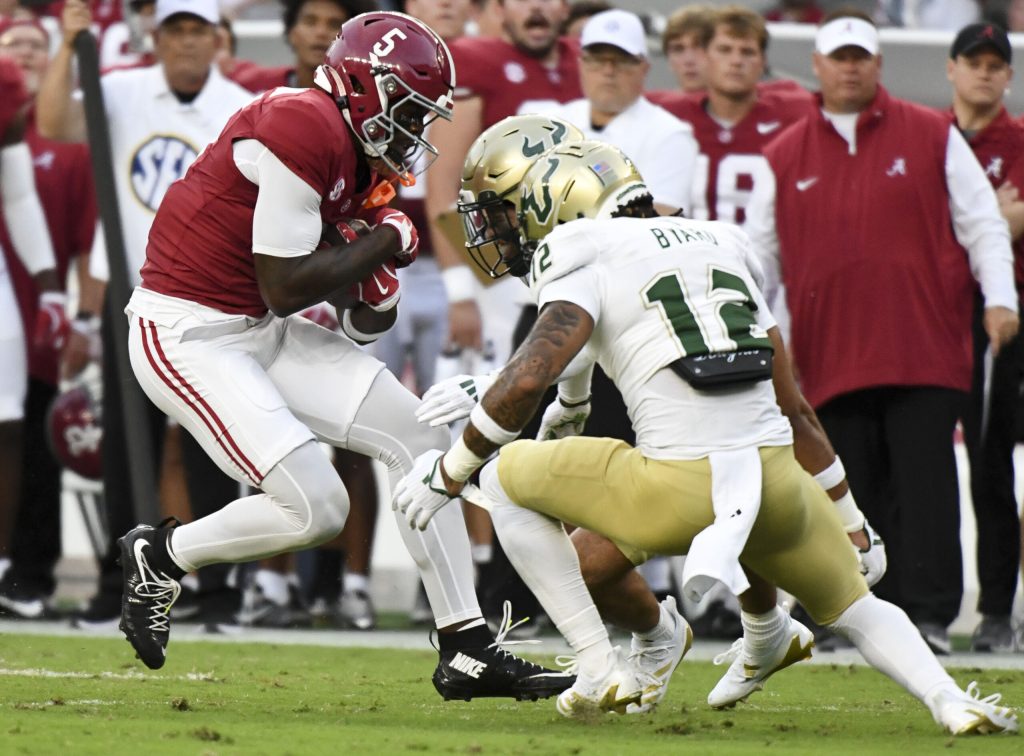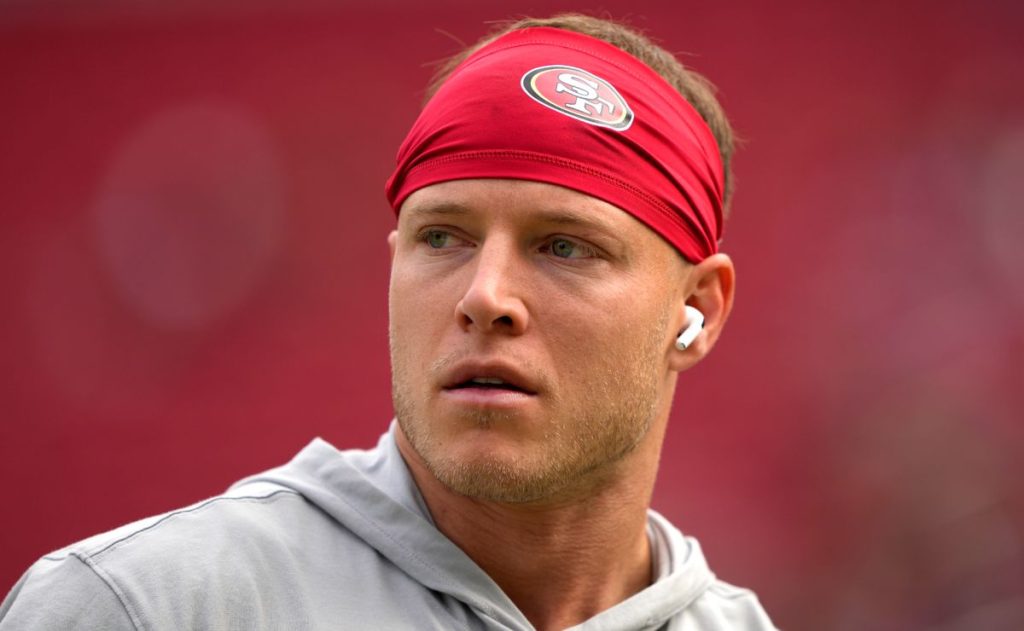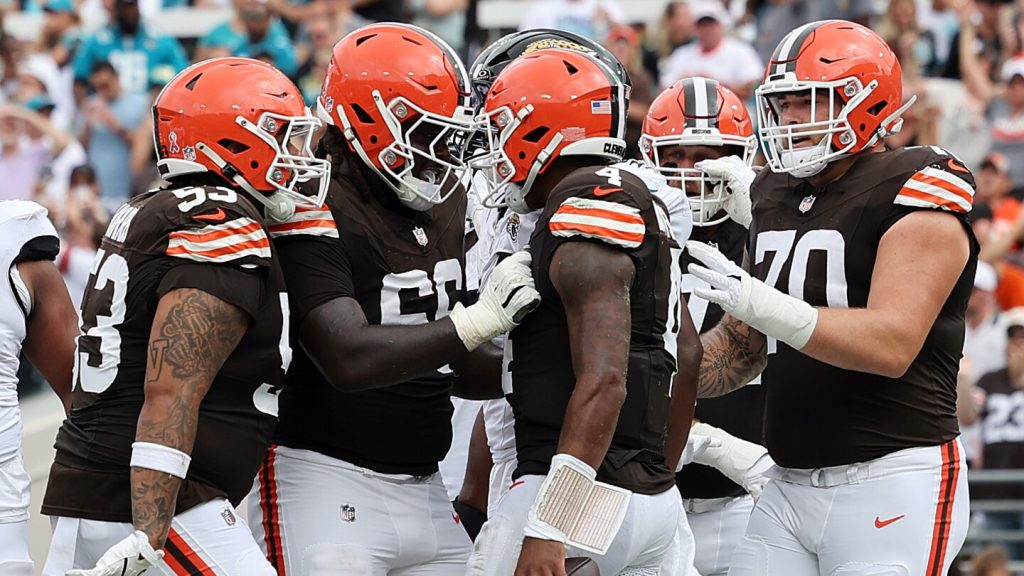In the wake of a tragic New Year’s Day terrorist attack, the atmosphere at the Sugar Bowl between Notre Dame and Georgia was charged with emotion. Fans gathered not only to support their teams but also to pay tribute to the victims of the horrific events that unfolded in New Orleans. The moment of silence before the game was heartfelt, and the national anthem, performed by Samyra Miller, was a poignant reminder of the resilience of the community.
ESPN’s Controversial Decision
However, amidst this emotional backdrop, ESPN faced significant backlash for its decision not to air the national anthem live. This choice was met with widespread criticism, and ESPN executive Burke Magnus later admitted it was an “enormous mistake.” The network’s failure to broadcast such a significant moment left many feeling disappointed and disheartened.
A Day Like No Other
Magnus, during an appearance on Sports Business Journal’s “The Sports Media Podcast,” reflected on the chaotic circumstances of that day. He explained that the programming lineup was far from normal, with College GameDay typically leading into the game, but instead, viewers were met with a special edition of SportsCenter produced out of Bristol. “It wasn’t that. It was SportsCenter,” he said, highlighting the unusual situation that contributed to the error.
The Impact of the Tragedy
The New Year’s Day attack, where a man drove a pickup truck into a crowd and subsequently opened fire on law enforcement, resulted in the tragic loss of at least 15 lives. This horrific event cast a shadow over the festivities, and the decision to omit the national anthem from the live broadcast felt like a missed opportunity to honor those affected. Although a later edition of SportsCenter did show the moment of silence and the anthem, many felt it should have been aired in real-time.
Magnus’ Reflection on Accountability
Magnus was candid about the mistake, emphasizing that it was not a deliberate choice to avoid showing the anthem. “It was just a horrible error that was made by a group of really well-intentioned people who feel terrible about it,” he stated. He acknowledged the need for accountability, recognizing that the network must uphold its standards, especially during such sensitive times.
A Personal Connection
Adding a personal touch to his remarks, Magnus shared his own connection to the military. “I lost my father over the holiday break, and he was an Army veteran,” he revealed. His father’s military service was of utmost importance to him, and Magnus expressed how vital it was to honor such moments of remembrance. “The notion that that was somehow intentional or we were trying to avoid acknowledging what was a horrific situation in New Orleans was really misplaced,” he said, reiterating that the omission was purely a mistake.
Learning from Mistakes
Moving forward, Magnus emphasized the commitment to improvement. “We want to be as good as we can possibly be at all times,” he stated, acknowledging that despite the unusual circumstances, the network’s performance fell short. “Our traffic got fouled up, our timing got fouled up, we happened to be in commercial break when the anthem happened. It was just not good by any measuring stick,” he added, underscoring the importance of learning from this experience.
Community Resilience in College Football
The Sugar Bowl, despite the controversy, served as a reminder of the strength and resilience of the college football community. Fans from both teams came together, united in their support for one another and in remembrance of those lost. The game itself became a platform for healing, showcasing the spirit of camaraderie that defines college football.
Moving Forward Together
As the college football season progresses, it’s crucial for networks like ESPN to reflect on the lessons learned from this incident. The importance of honoring significant moments, especially in the context of tragedy, cannot be overstated. Fans expect their networks to be in tune with the emotional landscape surrounding such events, and it’s essential for broadcasters to rise to that challenge.
In the end, the Sugar Bowl was more than just a game; it was a testament to the power of community, resilience, and remembrance. As we look ahead to the future of college football, let’s hope that all involved continue to prioritize the values that make this sport so special. After all, it’s not just about the touchdowns and the rivalries; it’s about coming together in times of need and honoring those who have been impacted by tragedy.

